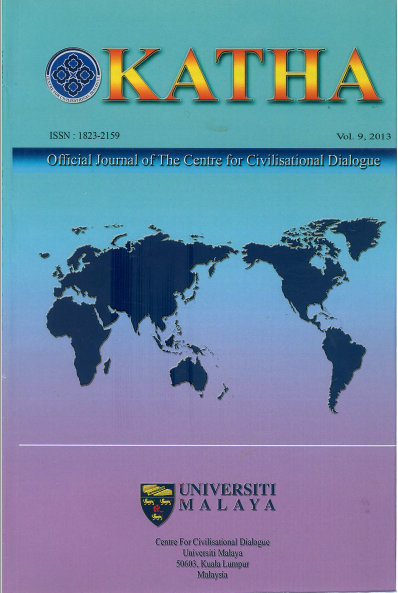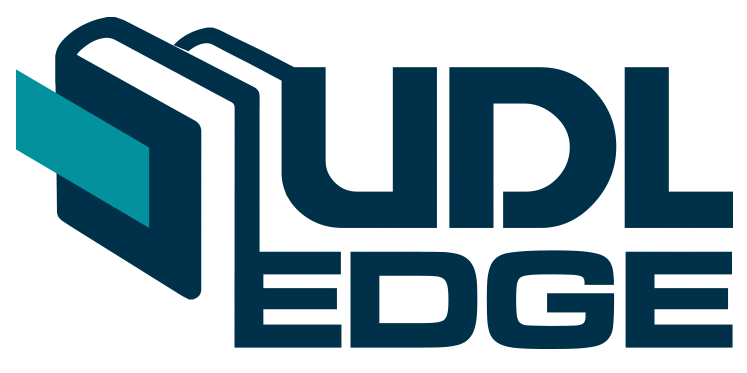Strategies And Policies For Basic Education In Cambodia: History And Development
Keywords:
Cambodia, Basic Education, Education Policy, Education StrategyAbstract
We examine the process of development and change in the state of education in Cambodia over four decades. Some authors argue that during the 1950s and 1960s, efforts to enhance basic education opportunities for all Cambodians were largely unsuccessful due to the lack of adequate infrastructural mechanisms and a guiding framework for action. Of the periods considered in this study, only the Prince Sihanouk regime (1950s-1960s) was relatively socioeconomically advanced, and saw a growth in the number of modern school buildings, teacher training centres, and universities. The succeeding regimes in the 1970s not only failed to maintain the development, but by the second half of the 1970s the formal education system had been completely dismantled. The collapse in 1979 of the Pol Pot regime made way for the rebirth of traditional socio-cultural structures and the wide expansion of schooling opportunities throughout the 1980s. National rehabilitation and reconstruction during the 1980s, despite lingering social insecurity, marked considerable and fundamental progress towards the present educational situation of this struggling nation.
Downloads
Downloads
Published
How to Cite
Issue
Section
License
Articles submitted to the journal should not have been published before in their current or substantially similar form, or be under consideration for publication elsewhere. Authors submitting articles for publication warrant that the work is not an infringement of any existing copyright and will indemnify the publisher against any breach of such warranty. For ease of dissemination and to ensure proper policing of use, papers and contributions become the legal copyright of the publisher unless otherwise agreed. By submitting a manuscript, the author(s) agree that copyright for the article is transferred to the publisher, if and when the manuscript is accepted for publication. However, it can be reprinted with a proper acknowledgment that it was published in KATHA.

This work is licensed under a Creative Commons Attribution-NonCommercial-NoDerivatives 4.0 International License.




